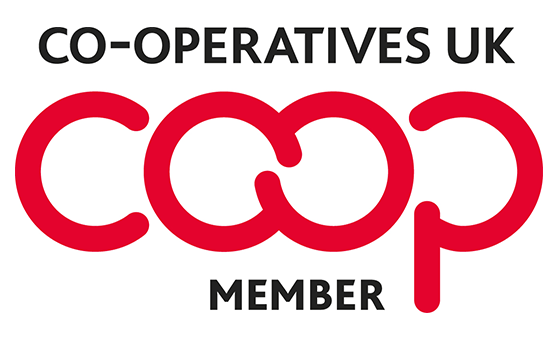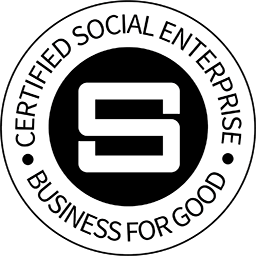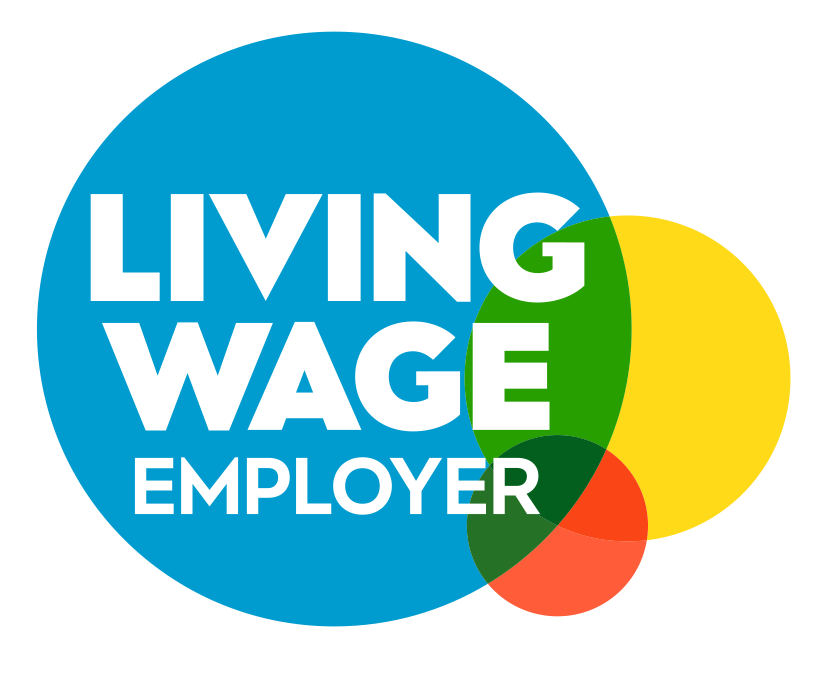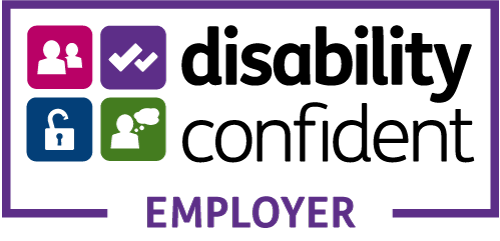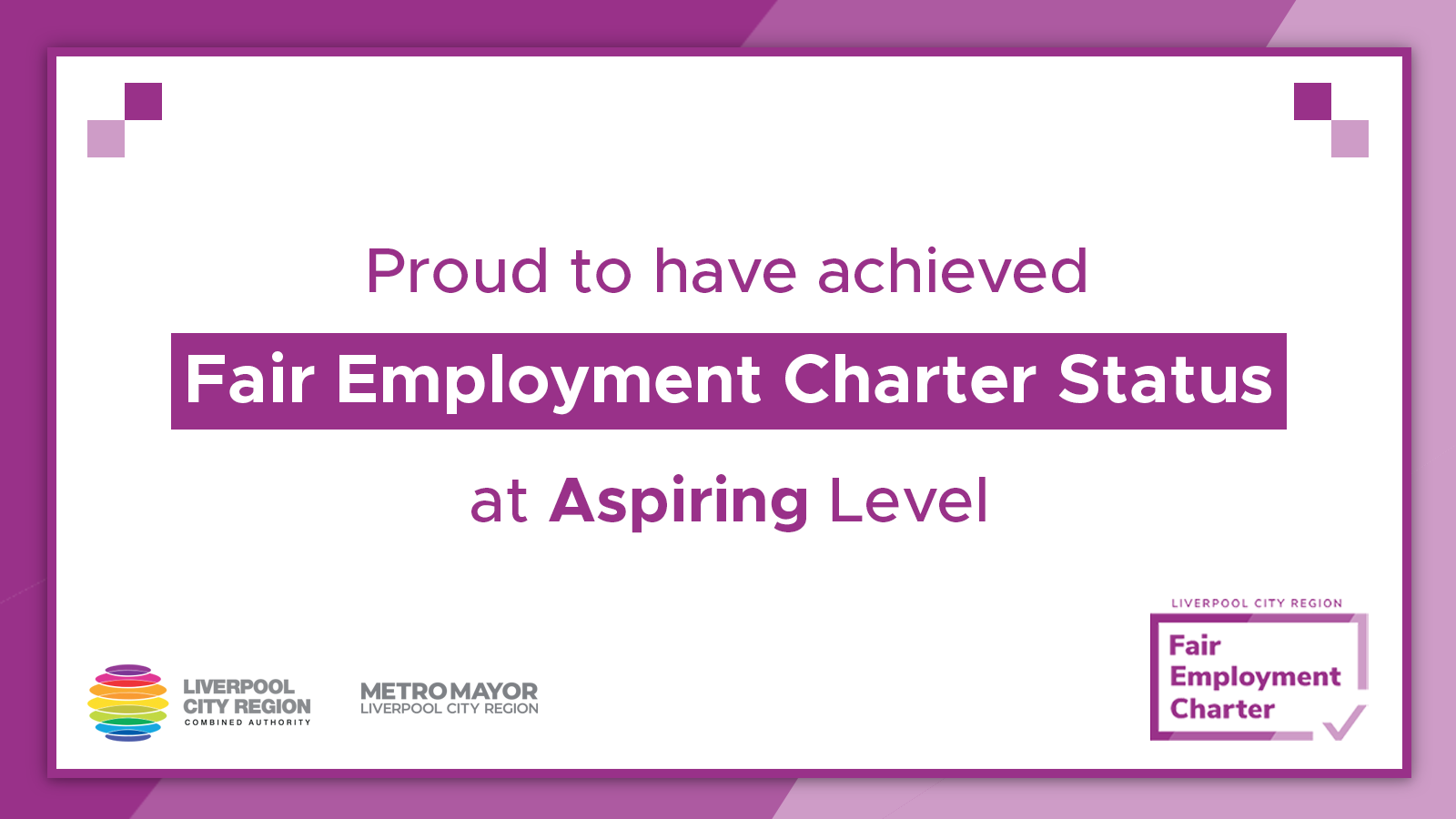Deaf Access in Crisis - and How Community Solutions Can Turn It Around
Jennifer Bird • Oct 14, 2025 • 3 min read
Last week, BBC Local Radio reported on Deaf users in Coventry and Warwickshire who, until recently, had an excellent interpreting service - a great service, real Deaf community involvement, and interpreters they knew and trusted. However, under a new spoken language agency contract, interpreting at the local hospital no longer meets Deaf users' needs. So, what happened?

From Community-Led Success to Centralised Chaos
For years, Coventry and Warwickshire local interpreting services (CWSLIS then later CWBSLI) working alongside Coventry and Warwickshire Association of the Deaf, provided interpreting services rooted in the local Deaf community. Their approach worked - Deaf users were involved, interpreters were local, and communication access was reliable. In 2015, the Chief Executive of University Hospitals Coventry and Warwickshire (UHCW) signed the BSL Charter, showing real commitment to Deaf access. However, when spoken language agencies take over, Deaf people are too often left behind. On paper, fulfilment rates may look fine, but they don't reflect the reality faced by Deaf patients or interpreters on the ground.
What's Really Going Wrong
The BBC report highlighted familiar problems: shortages of interpreters, lack of transparency, and over-reliance on video interpreting. Here's what that looks like in practice:
-
Lack of awareness: Many hospital staff don't know there's a legal duty under the NHS Accessible Information Standard to book a qualified professional. Without a clear way for Deaf users to flag appointments, people fall through the cracks - and it's exhausting for Deaf patients with no avenue to contact agencies or to keep chasing hospital departments.
-
Video interpreting is being used to fill gaps, even when it's not appropriate or safe. It can be a useful backup - but not always a replacement for in-person communication.
-
Many interpreters now take video work, which can be better paid and more flexible due to the competition between video interpreting companies to get interpreters on board.
-
Interpreter shortages: how the interpreting market currently works causes issues across many areas. There is a lack of oversight, too many government departments working at cross purposes and not enough data or research to look at the impact of how services are contracted across the public sector and how different policies are affecting interpreting services overall.
-
Community interpreting remains the lowest-paid work, as large spoken language agencies often win contracts and then push down interpreter rates. Even when their profit margins can be astonishing.
The situation isn't unique to Coventry - Leicestershire iNet (also run as a co-op) and the Leicestershire Deaf Centre have faced similar challenges, with local Deaf-led contracts being replaced by large-scale spoken language agencies that lack an understanding of the community they serve.
How Signalise Does Things Differently
At Signalise, we're showing that it doesn't have to be this way. We believe the answer lies in community-led, Deaf-centred built in partnership with interpreters.
-
We make access simple: Deaf users can send us their appointment details or let us know of appointments via our website, so we can check if an interpreter has been booked.
-
We offer transparency: Our Your Bookings page lets users view and track their appointments directly.
-
We offer on-demand and pre-booked video services: Our video interpreting service offers flexibility and provides emergency access 24/7/365. We use it to genuinely improve access and it can reduce travel costs to Trusts and support net zero targets. However, we always use video interpreting ethically, safely, and to support the service overall.
-
We're community-owned and run: Deaf people and interpreters shape the service, ensuring decisions reflect real needs.
-
We collaborate: We work with smaller Deaf organisations to strengthen access and support their work.
-
We bring expertise: Our team combines years of experience in health access, interpreting, and service delivery - so we know what works and how to make it sustainable.
Signalise exists to rebuild trust and deliver fair, reliable access for Deaf people - by putting them back at the centre of the system and by bringing the Deaf and interpreting community closer together again. Because healthcare access shouldn't depend on who holds the contract, but should be provided by those who understand the community.
